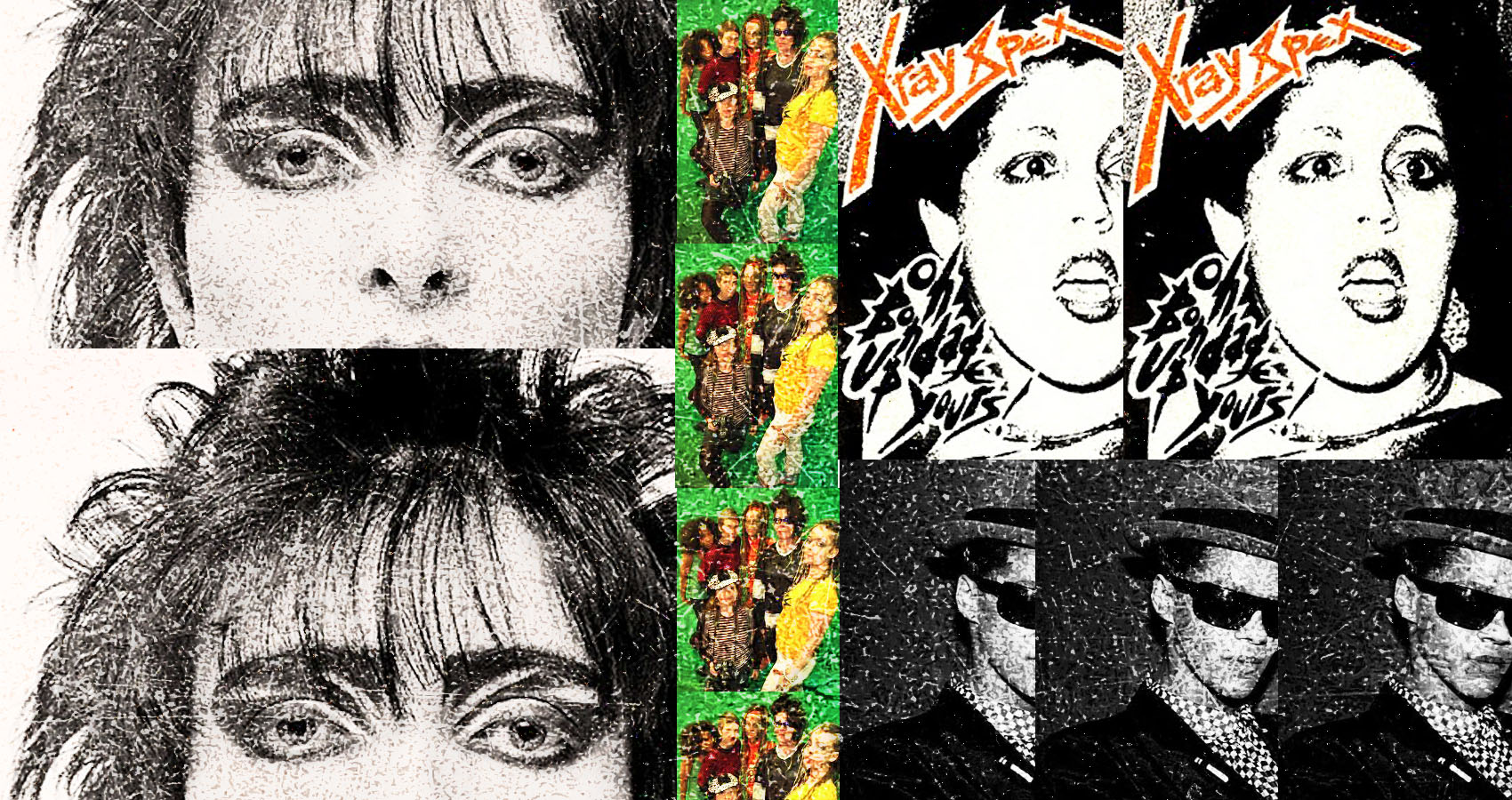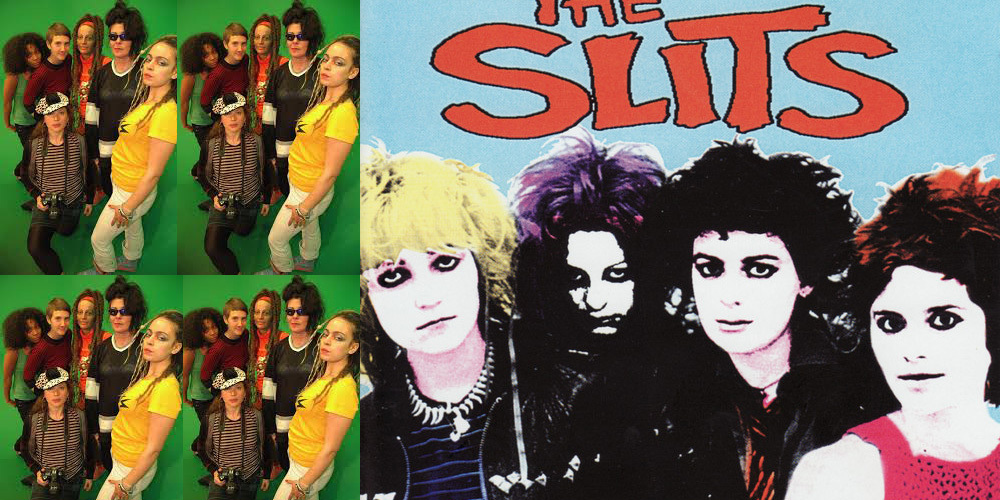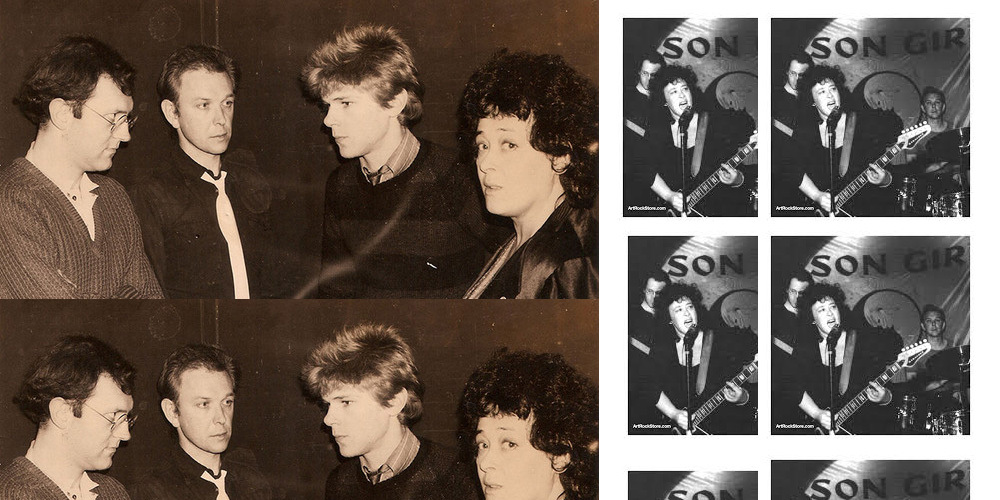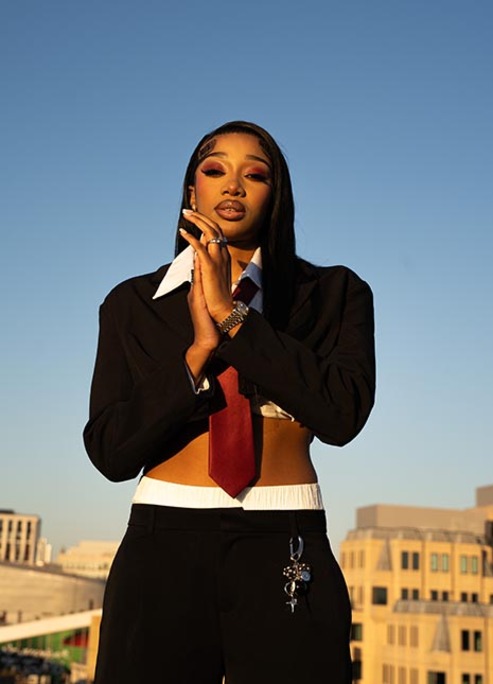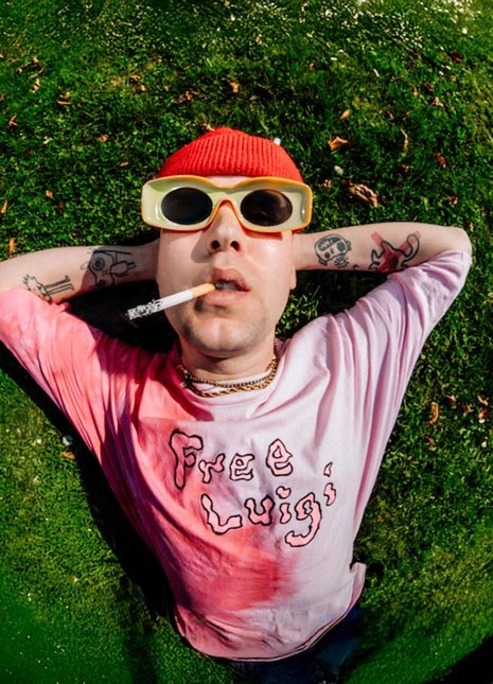When it comes to the roots of British
punk music, female artists and their significant impact on the genre are often massively overlooked in popular culture. Usually, when people think of big names in early British punk music, they point to household names like the
Sex Pistols, The Damned, and The Clash. But what about the British women who made music history and defined the genre? Here are six female British bands and artists from the punk golden years who are simply too good to forget.
1. X-Ray Spex
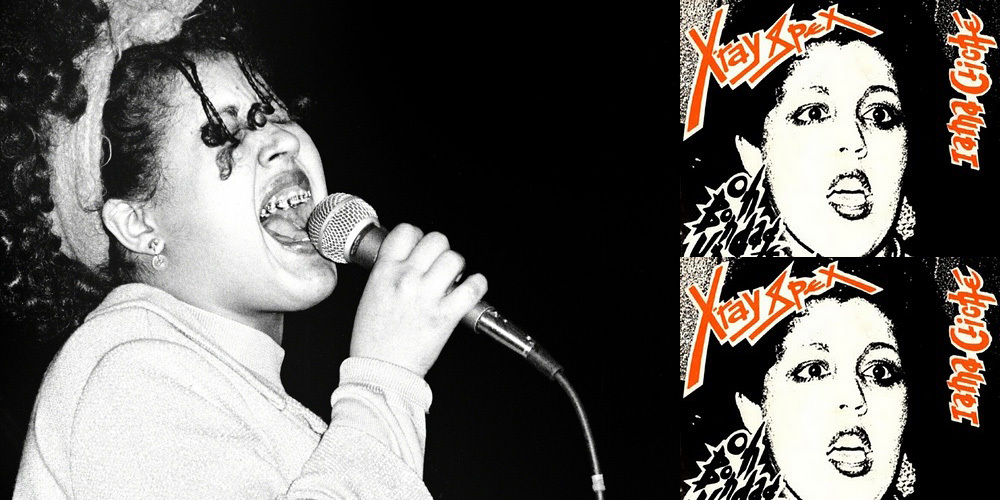
This article would be incomplete without mentioning this iconic band. X-Ray Spex's 1977 single “Oh Bondage Up Yours!” and debut album “Germ Free Adolescents,” which soon followed in 1978, are generally regarded as classics in punk circles.
Originally formed in 1976, X-Ray Spex changed the course of punk music and British feminism forever. While the band is argued to be post-punk by some snotty critics, lead singer Poly Styrene is hailed as a punk legend by a wealth of respected musicians, and rightfully so.
Styrene is recognized for her lyrics that ruthlessly criticized British consumerism and postmodernism while embracing feminism and adolescent freedom. Poly Styrene was striking: a woman of color in a predominantly white, male punk scene, making her a timeless hero for women in rock.
Neneh Cherry, Kathleen Hanna from Bikini Kill, and Amy Taylor from Amyl and the Sniffers all point to Styrene’s influence on their music throughout their careers. While her music is still played daily across the world, Styrene sadly passed away in April 2011, but her rebellious spirit continues to inspire.
2. The Slits
The Slits are another 'post-punk' band, formed in London in 1976. The all-female quartet’s lineup consisted of Ari Up (Ariane Forster), Palmolive, Viv Albertine, and Tessa Pollitt, who replaced founding members Suzy Gutsy and Kate Korus. In the band’s early days, they were not well received by the London punk scene, despite having ties to The Clash.
However, their album Cut is now regarded as their best work. Released in September 1979, the album gained instant recognition, largely due to the controversial cover image depicting The Slits half-naked and covered in mud. But the music on the album was even more bold and iconic.
The album birthed the feminist anthem "Typical Girls," which consequently ingrained the band into modern music history and into the hearts of trip-hop group Massive Attack and feminists Sleater-Kinney.
3. Siouxsie and The Banshees
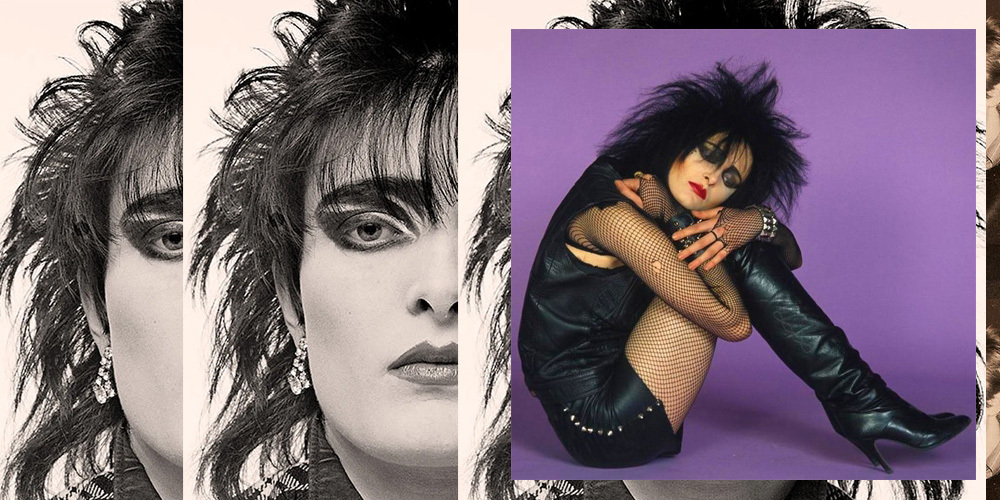
Siouxsie and the Banshees are probably one of the biggest bands mentioned on this list. The band achieved an incredible eighteen Top 40 hits since their formation in London in 1976 and are widely recognized for their lead singer, Siouxsie Sioux (aka Janet Susan Ballion). Siouxsie’s iconic, bold, androgynous, and gothic look challenged rigid gender norms throughout the '70s and '80s.
But more importantly, so did her music. The lyrics were more three-dimensional, sophisticated, and darker than many of the other London punk bands' social critiques. Siouxsie had an undeniably unique musical style, exploring domestic issues and the dreariness of everyday British life in the '70s and '80s through her defining melodic vocals and ominous sounds. Siouxsie has influenced a wealth of musicians across an array of genres, from Joy Division to FKA Twigs, who have cited her on various occasions. Event entertainment companies like Green Light Booking for live music continue to support artists who bring originality and edge to the stage.
4. Vice Squad
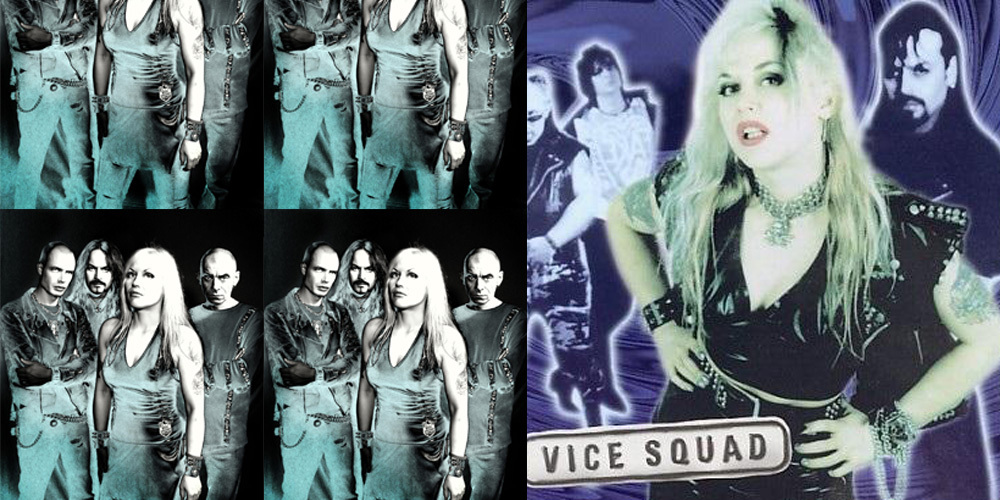
Vice Squad is a female-fronted punk band formed in 1979 in Bristol. The band arguably champions a heavier and harder sound than the other bands and musicians discussed in this article so far. Vice Squad’s striking lead singer, Beki Bondage, burst onto the early UK hardcore scene with a “stereotypically feminine” image, which was unique within a subculture dominated by men at the time.
There were also not many female-fronted punk bands in the UK scene that stretched beyond London. Arguably, Beki paved the way for girls and women in smaller cities and towns to adopt the DIY approach. After only three rehearsals in a garage, the band jumped headfirst into performing in Bristol.
However, the band’s gigs often resulted in violence, leading to Beki and the band being banned from most of Bristol’s music venues early in their careers. But a lot has changed since then, and the band continues to perform with some new additions to the lineup. Beki, however, remains a steadfast feminist, stating, “I am a feminist and will remain so until there's no cause to be one.”
5. Pauline Black
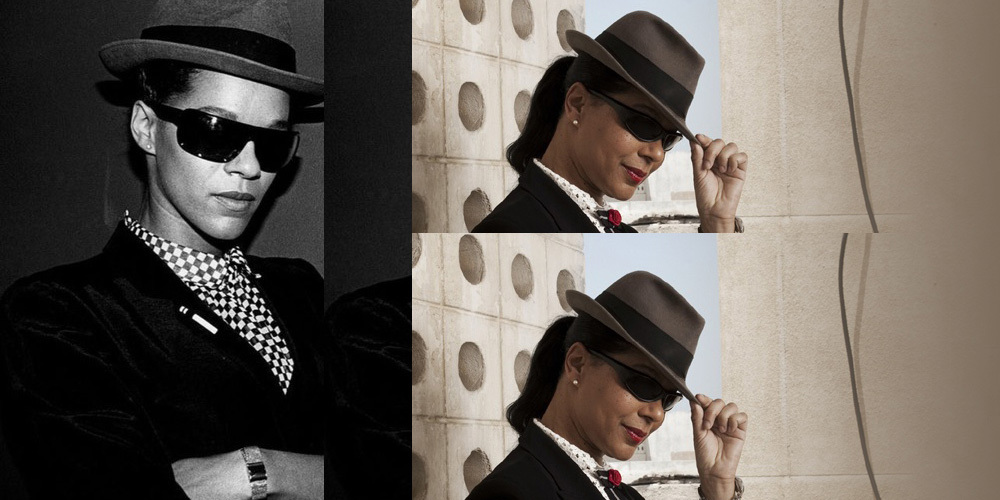
While Pauline Black is best known for her contributions to ska music as the lead singer of The Selecter and the infamous “Queen of Ska,” she is an icon who deserves a place on this list. Pauline Black is inherently punk; her career as an actress and musician has had a huge impact on British music, and her social commentary as a woman of color across the ska and punk genres has shaped UK subcultures.
Over the years, Pauline has also expressed admiration for punk star Poly Styrene after being photographed alongside Styrene, Siouxsie Sioux, Debbie Harry, Chrissie Hynde, and other female punk/new wave icons in a London hotel for New Musical Express.
Ska is the older sister of punk; the genre is a product of British working-class communities and West Indian immigrants uniting to fight oppression. Ska is inherently tied to punk and is music of protest. Inspired by the sped-up rhythms found on Kingston dance floors in the 1960s, the sound of 2 Tone cast light on the grimness of Thatcher's England.
Pauline Black was one of the first women to fiercely break into this male-dominated music scene and was one of the few women of color in British underground music at the time. Pauline and her band, The Selecter, deserve a place in every punk lover’s heart and playlist.
6. Poison Girls
Last, but certainly not least, are Poison Girls! This anarcho-punk band from Brighton formed in late 1976. Poison Girls are hugely underrated and could not be left off this list. The female-led band was feminist to their very core.
The lead singer and guitarist, Vi Subversa, was a middle-aged mother of two when the band first formed. This amazing group wrote songs that challenged sexuality and gender roles, often from an anarchist viewpoint. The band was at the heart of the early anarcho-punk scene in the UK, yet never got the recognition they deserved. Even radio presenter and DJ John Peel refused to give them a session.
Despite the challenges they faced, the political impact of the band is still hugely relevant. Their song lyrics remain as challenging and controversial as the day they were written.
